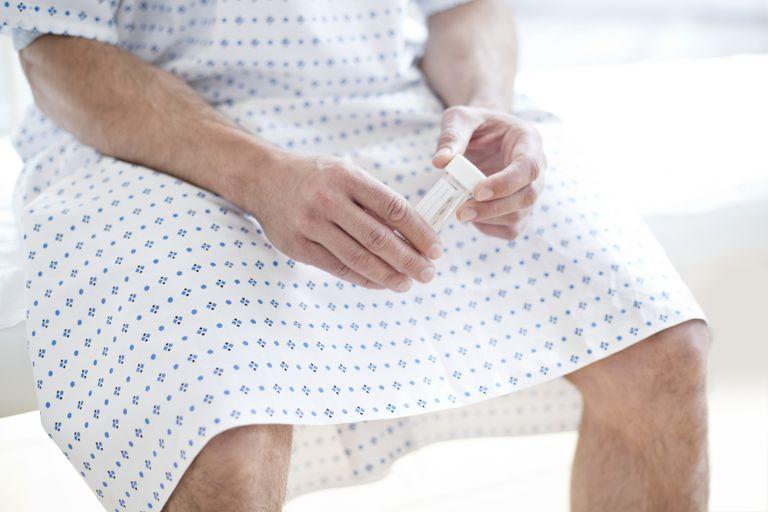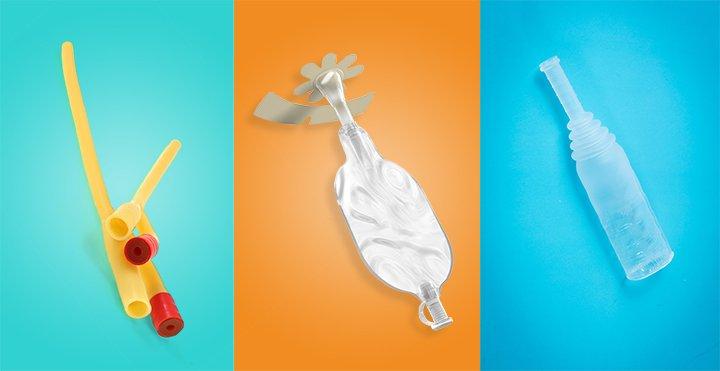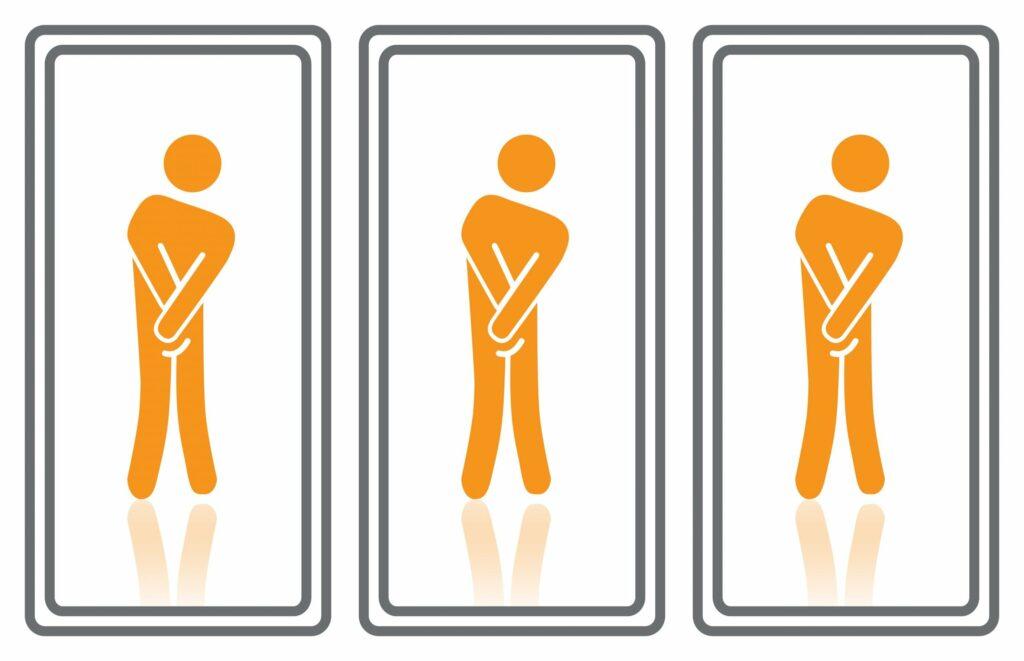Archive for September 2019
What solutions are available for incontinence caused by cancer?
Incontinence care after cancer has advanced significantly in recent years. Your doctor can help you understand options and after discussing your treatment goals, help you decide what is right for you. Here are just a few of the available choices. Behavioral changes Living with incontinence can be frustrating. Although a lot of men find that…
Read MoreWhat can I use to manage my incontinence after leaving the hospital?
Incontinence after surgery and radiation is common and manageable. The problem is caused by changes in the bladder, sphincter, and valves involved with controlling the release of urine. Many men find that incontinence is resolved or improved within 6 to 12 months. These tips can help with incontinence management. Be proactive Perhaps the most important…
Read MoreWhen you just have to go: How can I maintain an active lifestyle with incontinence?
Millions of active, vital men are living with incontinence. You can too. There are more options than ever before for staying on the go and free from accidents. Many men rely on Men’s Liberty to maintain an active lifestyle with incontinence. Here’s why… Men’s Liberty is discreet Unlike absorbents, Men’s Liberty Male External Catheter is…
Read MoreHow is urinary incontinence diagnosed? Understanding your diagnosis.
Urinary incontinence or the involuntary release of urine is a common problem. Causes include prostate health, injury, neurological problems, infections, and traumatic injury. Urinary incontinence diagnosis The first step for finding strategies for living vibrantly with incontinence is talking with your doctor. Here’s what you can expect during your visit. Prepare for your visit Your…
Read MoreHow can I talk to my doctor about incontinence?
Sometimes, admitting to yourself that incontinence might be a problem is hard. Having to say it out loud, even to your doctor can feel nearly impossible. Here’s why you should talk to a doctor about incontinence, and how…read on. Help is available Incontinence is surprisingly common. Still, men don’t want to talk about it. Unwillingness…
Read MoreWhy do I still have stress incontinence after prostate cancer?
Problems with the prostate are a common cause of incontinence. It can be disappointing to learn after you address cancer with surgery or radiation, that incontinence is still a concern. It can be helpful to know you aren’t alone and that your experience is normal. Many men continue to deal with incontinence after prostate cancer,…
Read MoreHow often should I use a catheter?
Catheters are a convenient way to manage incontinence. How often should you use one? These guidelines can help. Men’s Liberty Male External Catheter Men’s Liberty is an easy to use external catheter system. Apply in just a couple of minutes and enjoy secure protection for up to 24-hours. Many men choose Men’s Liberty because they…
Read MoreHow do you avoid the risk of UTI?
Incontinence can increase your risk of UTI or urinary tract infections. Learn more about symptoms, prevention and treatment options. How do I know if I have a UTI? Many men do not experience symptoms with UTI. Sometimes the clue is changing in urinary habits. When symptoms are noticeable, they include pain with urination, cloudy or…
Read More







